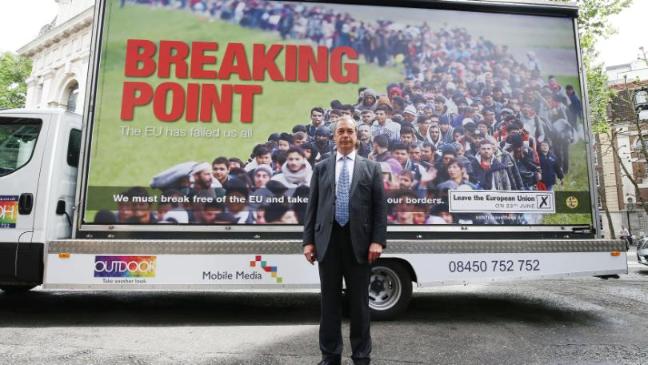Visualising the social space of housing in England
How can we represent sociological relations in a meaningful and visually appealing way whilst at the same time capturing the complexities of social and economic life? At this year’s British Sociological Association conference in Manchester, my poster aimed to address this question by bringing together elements of the work of the two sociologists Pierre Bourdieu and Otto Neurath. In brief, my poster depicts how their thinking can help to visualise and thereby help to better understand the social space of...



















1540-6237/asset/SSSA_Logo-RGB.jpg?v=1&s=c337bd297fd542da89c4e342754f2e91c5d6302e)
